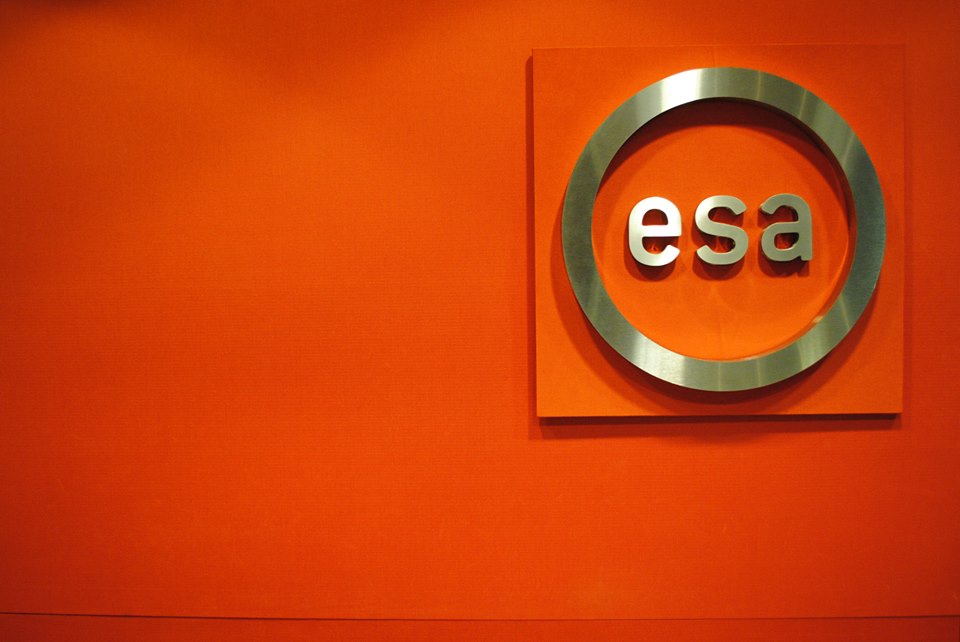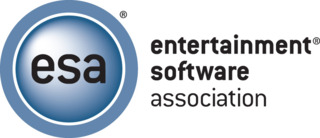The Dispute Over Preserving Gaming's Past Is Boiling Over
The ESA and EFF are sparring about gaming preservation; read on to see what both sides have to say.

This week's gaming headlines may have been dominated with the likes of new game announcements for Call of Duty: Black Ops III and Deus Ex: Mankind Divided, but another important industry story should not go overlooked. A legal quarrel between the Entertainment Software Association (ESA)--the group that represents the industry's interests on Capitol Hill--and the Electronic Frontier Foundation (EFF), a non-profit digital rights advocacy group, boiled over this week over how video games can be preserved for future generations.
In a post on the EFF's website, staff attorney Mitch Stoltz lashed out at the ESA, basically saying that the group is attempting to block the preservation of older games (more on that later). The EFF is asking the United States Copyright Office to introduce new "legal protection to game enthusiasts, museums, and academics who preserve older video games and keep them playable." Stoltz says the EFF would like to see an exemption made to section 1201 of the Digital Millennium Copyright Act's anti-circumvention provisions for hardware (i.e. "jailbreaking") so that people would be allowed to modify games and the consoles they're played on so that they can live on long after servers are shut down.

"Many player communities, along with museums, archives, and researchers, want to keep the games they own playable after publishers shut down the servers the games depend on," he wrote. "Section 1201 creates legal difficulty for these communities, which is why we've asked the Copyright Office to give them an exemption."
Indeed, this issue is one that the industry faces today more than ever. Most recently, Sony switched off the online servers for MLB 14: The Show just 13 months after release. But it's not just gamers in their homes who are affected, according to the EFF.
"It's also a serious problem for archives like the Internet Archive, museums like Oakland, California's Museum of Art and Digital Entertainment, and researchers who study video games as a cultural and historical medium," Stoltz went on to say.
But the ESA says allowing such an exemption could open the floodgates for rampant piracy and lead to diminished intellectual property value for copyright owners.
"Because permitting circumvention of the access controls on video game consoles will increase piracy, significantly reduce users' options to access copyrighted works on video game consoles, and decrease the value of these works for copyright owners, ESA requests that the Register deny the proposed exemption," the group wrote in its response.
The ESA went on to outline other potential dangers of allowing the exemption.
"A significant and practical consequence of granting the proposed exemption, which should not be ignored, is that users would wrongly believe that they can traffic in circumvention tools to hack their video games or engage in wholesale reproduction and distribution of the video game software," the group explained. "The takeaway would be that hacking--an activity closely associated with piracy in the minds of the marketplace--is lawful. Invariably, the market for distribution of hacking tools would grow to serve the market for this 'lawful' use. Should litigation be necessary to thwart the unlawful distribution of those tools, the burdens and costs of such litigation would be significant, and would greatly diminish the value of copyrighted works."
The ESA further states that the EFF does not have gaming's best interests in mind because, though some people might mod their consoles to allow games to be played after servers are turned off, even more people could do so to steal games.
"There is abundant evidence that the primary reason many users seek to hack video game consoles is not to create new and different works, but to avoid paying the customary cost of existing works or devices" -- The ESA
"There is abundant evidence that the primary reason many users seek to hack video game consoles is not to create new and different works, but to avoid paying the customary cost of existing works or devices," the ESA wrote.
It added: "The harm the proposed exemption would impose on copyright owners (and consumers, who ultimately would have less access to copyrighted works) far outweighs any alleged adverse effects."
In its filing, the ESA does point out that it has supported and its members have attended various video game museum exhibits before, including the Smithsonian Institute's Art of Video Games two years ago. Games on display, however, included titles like Pac-Man, Super Mario Bros., and Flower.
The ESA goes on to say that the EFF's "evidence of adverse effects is, at best, hypothetical."
"It is telling that EFF describes the activities of several museums, including the Museum of Modern Art, the International Center for the History of Electronic Games, and the Museum of Art and Digital Entertainment, in archiving video games, but fails to provide a single actual instance of any of these institutions having difficulty in their archival activities as a result of the DMCA's prohibition on circumvention," the ESA wrote.
The EFF, on the other hand, foresees a bleak future for the preservation of video games if the provision is not allowed.
"Thanks to server shutdowns, and legal uncertainty created by Section 1201, their objects of study and preservation may be reduced to the digital equivalent of crumbling papyrus in as little as a year," Stoltz said. "That's why an exemption from the Copyright Office is needed."
For lots more on this case, check out the ESA's full responses here, as well as the EFF's here. GameSpot will continue to follow these proceedings as they unfold.
The ESA has some of the biggest players in gaming among its ranks, including Nintendo, Square Enix, Microsoft, Sony, Take-Two, Electronic Arts, and Activision Blizzard. The group is also responsible for oganizing E3 every year.
Got a news tip or want to contact us directly? Email news@gamespot.com
Join the conversation